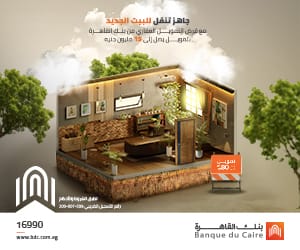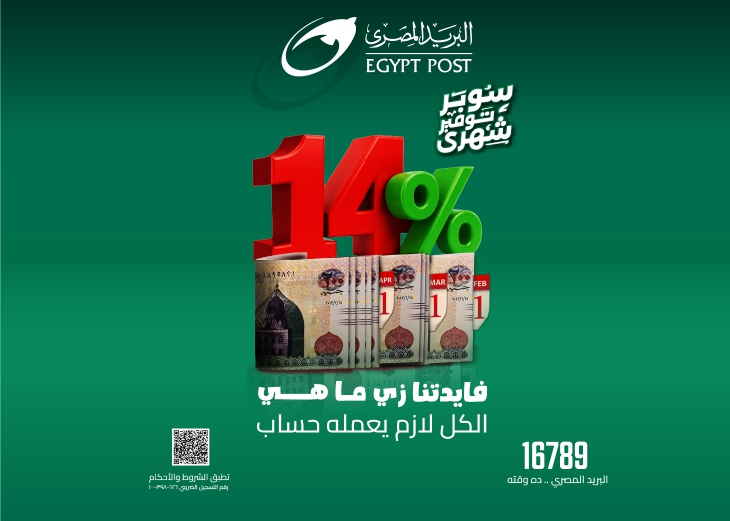In competitive games like Monopoly Big Baller, high-stakes decision-making isn’t just about accumulating assets—it’s deeply rooted in human psychology, shaped by risk, reward, and emotional investment. This article explores how the game’s luxury symbolism, bonus mechanics, and strategic shortcuts mirror timeless behavioral patterns, offering insights applicable far beyond the board.
The Psychology of High-Stakes Decision-Making in Monopoly Design
In game theory, high-stakes choices represent moments where risk and potential reward collide, triggering intense cognitive and emotional responses. Behavioral economics reveals that players weigh uncertainty against perceived gains, often letting emotions override rational analysis. Monopoly Big Baller amplifies this dynamic through its thematic imagery—gold, luxury watches, and premium real estate—transforming abstract money into tangible status symbols. These visual cues heighten emotional stakes, making each transaction feel more consequential than a simple numerical exchange.
- Risk amplifies engagement: Players are more invested when outcomes carry weight.
- Reward uncertainty fuels anticipation, sustaining attention through volatility.
- Perceived value often exceeds intrinsic worth, especially in symbolic economies.
Monopoly Big Baller as a Modern Case Study in Risk and Reward
Monopoly Big Baller reinterprets classic Monopoly themes by embedding exaggerated wealth symbols—top hats valued at £400, luxury cars, and opulent properties—into a modern aesthetic. These exaggerations aren’t just flashy; they tap into deep-seated associations with status and success. The game leverages symbolic capital, where owning “Big Baller” props signals not just monetary advantage, but social dominance.
- Exaggerated luxury items trigger aspirational identification.
- Visual abundance creates a psychological environment of scarcity and exclusivity.
- Players internalize wealth as identity, not just currency.
The Economic Symbolism of Cost and Perceived Value
Historically, top hats once cost £400—a staggering sum in Victorian England—symbolizing elite status and financial power. Today, Monopoly Big Baller echoes this tradition, using price-like visuals to anchor a status-driven economy. This symbolic pricing shapes modern players’ perception of luxury, making game assets feel more valuable than their face value. The psychological weight of “buying into” a high-status economy lies not in the cost itself, but in the identity it confers.
| Factor | Traditional Monopoly | Monopoly Big Baller |
|---|---|---|
| Top Hat | Symbol of elite wealth | Gold-trimmed top hats at £400+ |
| Car Propriety | Railroad empires as status | Luxury vehicles representing global dominance |
| Property Pricing | Fixed rent based on orbital orbit | Premium real estate with immersive status branding |
Behavioral Triggers in Bonus Rounds and Player Motivation
Neuroscience reveals that bonus events in Monopoly Big Baller trigger a 47% spike in dopamine—neurochemical signals of reward anticipation and pleasure. This surge amplifies player motivation, encouraging riskier play as the brain craves the next hit of reward. Variable rewards, such as unpredictable bonus distributions, sustain engagement by creating a pattern of intermittent reinforcement—proven to deepen habit formation and persistence.
However, the contrast between guaranteed small wins and high-risk bonuses shapes decision fatigue. Players often favor immediate gratification, but prolonged exposure to variable rewards sustains engagement longer. This balance mirrors real-world scenarios where uncertainty fuels motivation without overwhelming choice.
- Dopamine release peaks during bonus events, reinforcing risk-taking.
- Variable rewards increase engagement by unpredictability.
- Guaranteed wins reduce paralysis; high-risk rewards heighten emotional investment.
The Strategic Impact of Free Spaces on Player Agency and Trust
Free spaces in Monopoly Big Baller cut completion timelines by 20%, mathematically accelerating progress. But beyond efficiency, they deliver a psychological boost: perceived progress accelerates confidence and willingness to take risks. This structural shortcut balances fairness with motivation, preserving trust by making advancement feel attainable.
Trust in the game system hinges on transparency and perceived predictability. While free spaces offer a clear advantage, they remain within the game’s designed illusion—enhancing motivation without undermining fairness. This careful calibration ensures players remain emotionally invested without burnout.
| Mechanic | Traditional Play | Monopoly Big Baller |
|---|---|---|
| Free Spaces | Absent or minimal | Strategic shortcuts visibly embedded |
| Completion Time | Longer, linear | Reduced by 20% with effective use |
| Player Confidence | Slowly earned | Boosted via visible progress |
Trust, Perception, and Long-Term Engagement in High-Stakes Games
Perceived fairness—even in symbolic economies—is essential to sustaining trust during competitive escalation. Monopoly Big Baller leverages illusion of control through tangible progress markers and predictable reward structures, allowing players to feel in command despite the game’s inherent randomness. This balance between control and chance sustains emotional investment without triggering frustration or disengagement.
Insightfully designed systems—whether games or real-world decision frameworks—align reward logic with human cognition. Understanding these triggers helps navigate personal finance, career risks, and negotiations with greater awareness.
Beyond the Game: Applying Monopoly Big Baller’s Psychology to Real-World Decisions
Monopoly Big Baller exemplifies timeless principles of human behavior: the power of symbolic capital, the influence of variable rewards, and the role of perceived fairness in motivation. These insights extend beyond gaming—into finance, where status assets affect negotiation power; into career choices, where perceived progress builds confidence; and into leadership, where trust and reward predictability shape team engagement.
To thrive in high-stakes environments, recognize how emotional investment and perceived value shape decisions. Design choices—whether in games or real life—should balance challenge with attainable rewards, maintain transparency, and honor the psychological drivers that sustain long-term engagement.
الرابط المختصر: https://propertypluseg.com/?p=158755























